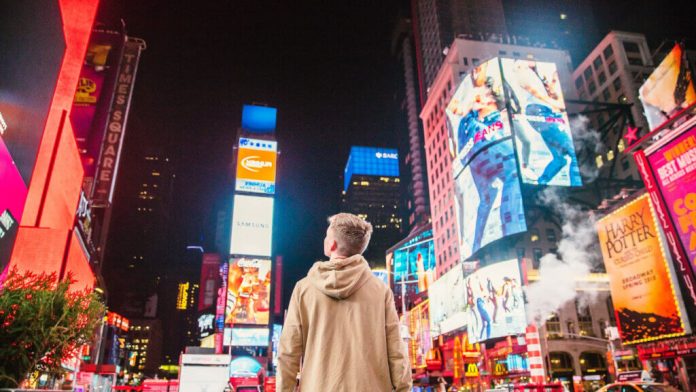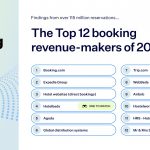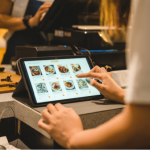“You’ve got to start with the consumer experience and work back towards technology – not the other way around” – Steve Jobs
NB: This is an article from Hotelivate
With the growth of the global economy, we are transitioning towards an environment where experiences are becoming the new material good for the consumer. Experiences tend to be combined with services; however, businesses have started to realize the value of authentic, varied, quality experiences as a differentiator.
Subscribe to our weekly newsletter and stay up to date
The entertainment industry pioneered this concept with Walt Disney at the forefront of this construct. Today, it has gone beyond theatres and amusement parks, with companies such as Apple, Nike, and Louis Vuitton Moet Hennesey (LVMH) becoming market leaders on the back of delivering unique experiences, along with good-quality products.
Looking at Apple in particular, it is clear that consumer experiences are at the core of their strategy. They have focused on creating an ecosystem which is design-led, focused on personalized service and a town-square style ambience at their stores. This has allowed them to offer seamless experiences and retain a large percentage of their consumer base (~90% loyalty rate in the last three years), while charging a significant premium for their products.
Figure 1: Distinctions between Economic offerings
Source: Harvard Business Review
Customer experiences have become even more significant after the onset of the global pandemic. Millennials (~27% of the global population) are pushing this shift towards the experience economy; the other generational cohorts are following suit rapidly. Consumers are willing to switch brands and pay a premium for the same. Research with respect to the scope and influence of economy on the current business environment highlights some interesting data points (as seen below) – price premium, customer preferences, size of the market and missed opportunities arising due to poor quality experiences (Figure 2).
Figure 2: Key Data Points associated with Experience Economy
Source: PwC, Momentum Worldwide, Beyonk and Siegel+Gale
For the travel and tourism industry, customer experiences have always been important; however, they have witnessed an increase in focus towards authentic personalized experiences over materialistic elements. Experiential, immersive travel has become an important part of tourism. Consumers are looking for opportunities to explore the destination like a local, relax and engage in outdoor activities. This transition has catalysed the growth of boutique and lifestyle hotels across the globe (Figure 3).
Read rest of the article at Hotelivate
The post Experience Economy and Consumer Experience appeared first on Revenue Hub.
































